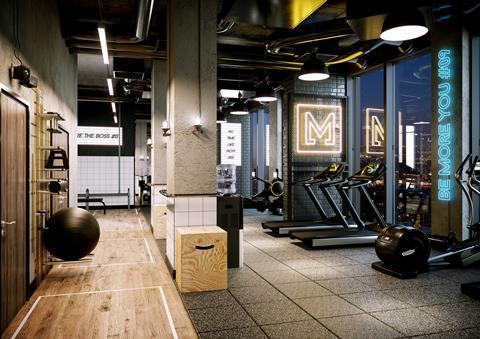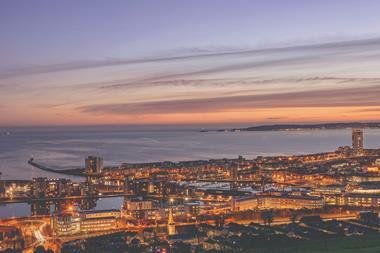Covid-19 significantly impacted the property industry, with a slowdown in land deals, sales and completions.

However, the living sectors are on a different trajectory, out-manoeuvring short-term uncertainty. This is not simply due to long-term institutional interest, nor because these forms of housing are seen as attainable for those who can’t or won’t buy. It is because such offerings have never been more appealing to people in the new normal.
We are not only seeing the financial resilience of build-to-rent but also its social benefit to residents who feel safe and protected in managed buildings.
Successful living schemes are founded on a connected, cohesive, intergenerational community that shares amenities and social platforms – rooted in the culture of a building, its operational management and service strategy.
Purpose-designed and built, multi-family offerings – emulating the US – are finally coming to the UK market. The latest is Apache and Moda’s Angel Gardens in Manchester. The market has keenly watched to see whether its ambitious amenities, cultural and service strategies will see a rental premium. It has had to stabilise through last year’s election and Covid-19, and its immense success is demonstrated by expedient rental uptake.

It has shown that architects, investors and developers need to identify our customers’ priorities in terms of inherent value. As an architect, I have been cautious about providing excessive amenities in BTR schemes and was keen to see how culture-driven living schemes would perform. Early entrants to the UK sector promoted the idea that Generation X, M or Z don’t prioritise ownership, but opt for flexibility, financial liquidity and professional management. Successful BTR schemes will be driven by our choice to live, socialise and interact in a considered, safe and flexible micro community.
The most forward-thinking have driven the notion that we seek experiences over possessions. But what is emerging most significantly in the wake of Covid-19 is the need for wellness, connectivity and interaction. The living sector can address all these aspirations in a way no other residential assets can. Demand for high-quality, properly designed homes in a managed offering that caters to work, play and convenience will only increase.
Many have questioned whether the bullishness about BTR was warranted. I believe that it is the only asset class ready to adapt to the challenge of a systemic cultural change posed by the new normal. We are demanding more from our homes now than we have ever done before. Covid-19 has pushed the sector forward by decades – it is no longer a question of owning or renting.
The world will return to an evolved version of pre-Covid-19 life, but the value we place on ‘home’ is founded on a far broader range of needs and expectations. That provides an enormous opportunity for those ready to respond.
Jo Cowen is chief executive of Jo Cowen Architects





























No comments yet